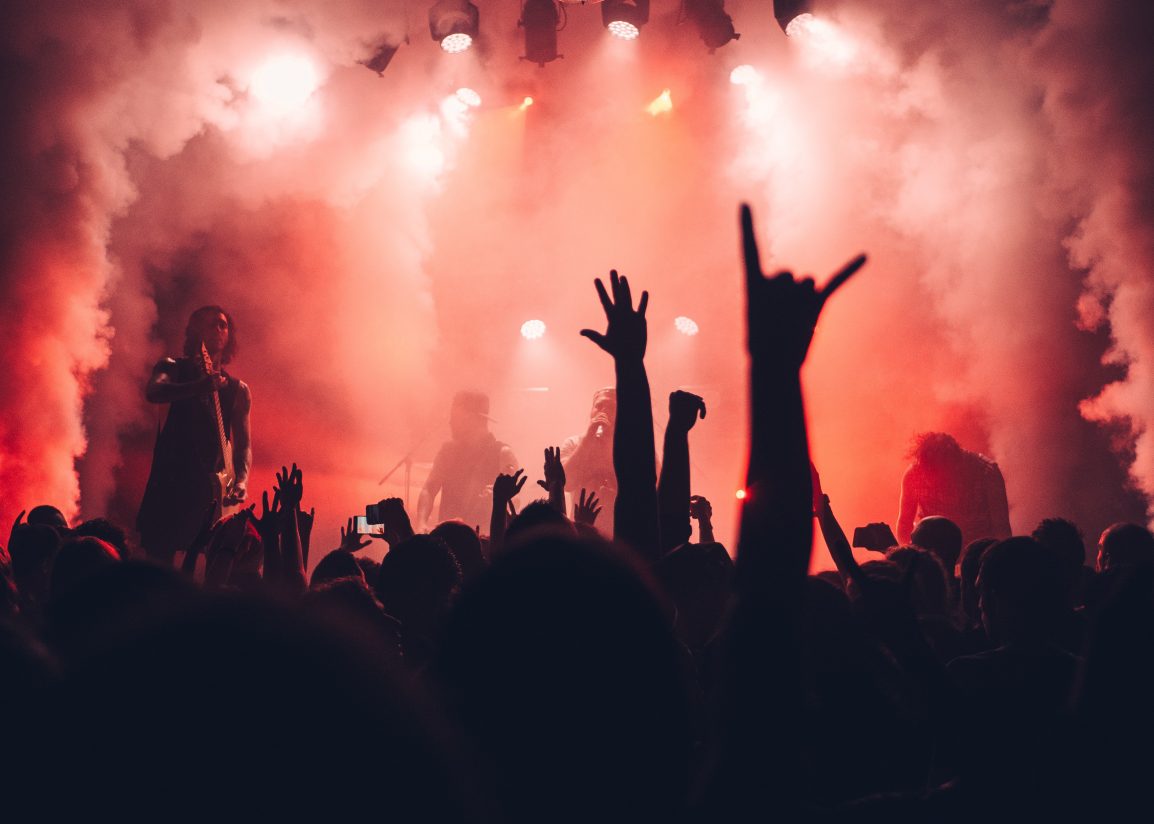Concerts are a fantastic way to enjoy live music, but they can also be fraught with potential hazards. In recent years we have seen tragedies at popular festivals like Astroworld, Bonnaroo, and Electric Daisy Festival. From large crowds to pyrotechnics, several elements at concerts can lead to injuries. If you find yourself injured at a concert, it’s crucial to know what steps to take to protect your health and legal rights.
Common Causes of Accidents at Concerts
Concert venues can present numerous dangers, especially when safety protocols are not strictly followed. Some common causes of accidents at concerts include:
- Overcrowding: High attendance can lead to crowd surges and trampling, especially near the stage or exits.
- Slip and Fall Hazards: Spilled drinks, poor lighting, and uneven flooring can cause slip and fall accidents.
- Stage Collapses: Faulty stage equipment or poor construction can lead to dangerous collapses.
- Pyrotechnics: Fireworks and other special effects can malfunction, causing burns or other injuries.
- Inadequate Security: Insufficient security measures can lead to altercations or uncontrolled crowd behavior.
- Weather Conditions: Outdoor concerts are susceptible to weather-related accidents, such as slips on wet surfaces or injuries from wind-blown debris.
Most Common Concert Injuries
The injuries sustained at concerts can range from minor to severe. Some of the most common injuries include:
- Bruises and Cuts: Often resulting from crowding and falls.
- Sprains and Fractures: Due to tripping, falling, or being pushed in a crowd.
- Hearing Damage: Prolonged exposure to loud music can cause temporary or permanent hearing loss.
- Burns: From pyrotechnics and other stage effects.
- Head Injuries: Resulting from falls, flying objects, or crowd surges.
How To Prevent Injury at a Concert Venue
Taking proactive measures can significantly reduce your risk of injury at a concert. Here are some tips to help you stay safe:
- Plan Ahead: Research the venue layout and entry/exit points.
- Stay Hydrated: Dehydration can lead to dizziness and fainting.
- Wear Appropriate Footwear: Choose comfortable shoes with good grip.
- Keep Your Distance: Avoid the densest parts of the crowd, especially near the stage.
- Be Aware of Your Surroundings: Always be mindful of what’s happening around you and have an exit strategy.
- Use Ear Protection: To prevent hearing damage, especially if you are close to the speakers.
What to Do If You Sustain Injuries at a Concert
If you are injured at a concert, follow these steps to ensure your health and protect your legal rights:
- Seek Medical Attention: Your health is the top priority. Get immediate medical help, even if the injury seems minor.
- Document the Incident: Take photos of the scene, your injuries, and any hazardous conditions that contributed to your accident.
- Gather Witnesses: If possible, get contact information from anyone who witnessed the incident.
- Report the Incident: Notify venue staff or security and ensure they document the incident.
- Keep Records: Maintain all medical records, bills, and any other documentation related to the injury.
Who is Liable for Injuries at a Concert?
Determining liability for concert injuries can be complex, as multiple parties could be responsible, including:
- The Venue Owner: For failing to maintain a safe environment.
- Event Organizers: For inadequate safety measures or overcrowding.
- Security Companies: For not controlling the crowd or preventing altercations.
- Third-Party Vendors: Such as pyrotechnics companies, if their equipment causes injury.
Each case is unique, and liability depends on the specific circumstances of the accident. If you are injured at a concert, consulting a personal injury lawyer can help you navigate the legal complexities and determine the responsible parties. They can assist you in filing a claim, negotiating with insurance companies, and ensuring you receive the compensation you deserve.
While concerts are a source of enjoyment, they also come with risks. Knowing how to stay safe and what steps to take if you are injured can help you enjoy the event while protecting your health and legal rights.

